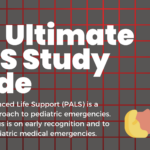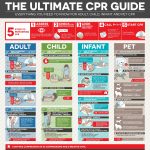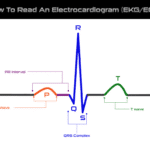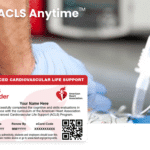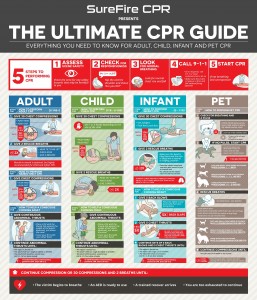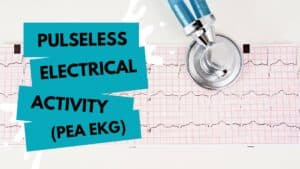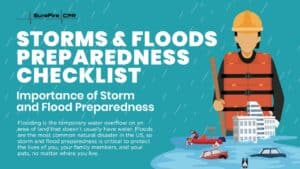Say the words, “I have chest pain” and immediately red flags are raised in the minds of any health care professional. So many circumstances factor into the cause of chest pain, the most concerning being cardiac injury. Fortunately, professionals are prepared for this kind of situation through ACLS training. Calling 9-1-1 is always the recommended first step when chest pain, accompanied by symptoms such as arm or neck pain, shortness of breath, nausea, dizziness, or a history of cardiac disease or injury occurs.
Assuming chest pains due to cardiac injury have been ruled out, other causes can be considered. One of the most common causes of chest irritation is stress. Anxiety, worry, long-term stress and the constant state of urgency on a daily basis will lead to tense muscles, increased respirations and stomach upset, as well as that ever-present feeling of chest discomfort. Cortisol, a hormone secreted by the adrenal gland, is released in response to stress. Cortisol in the bloodstream increases glucose, decreases metabolism and suppresses the immune system. All of these responses over a long period of time can lead to weight gain, diabetes, sleep deprivation and an increase in illness.
Not all stress is “bad” but constant unmanageable stress can have detrimental effects physiologically over time. Finding methods to cope with negative stress is an important step to creating overall wellness. Proven methods to assist with decreasing negative stress such as yoga, meditation, daily exercise and self-relaxation techniques can make a tremendous impact on lowering excessive serum cortisol levels. Supporting cardiac health through diet, exercise and stress reduction is paramount to a heart healthy lifestyle.

